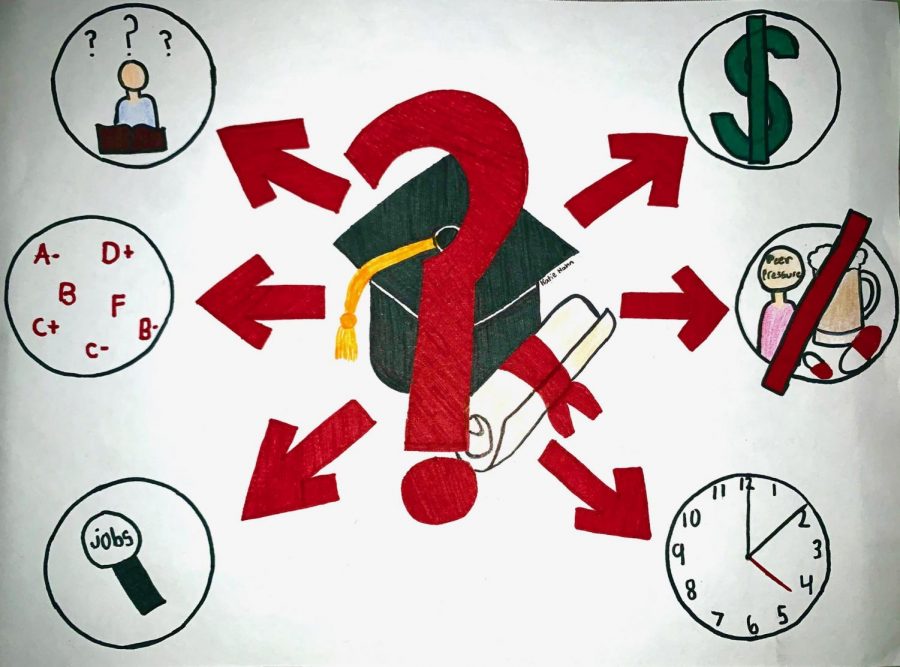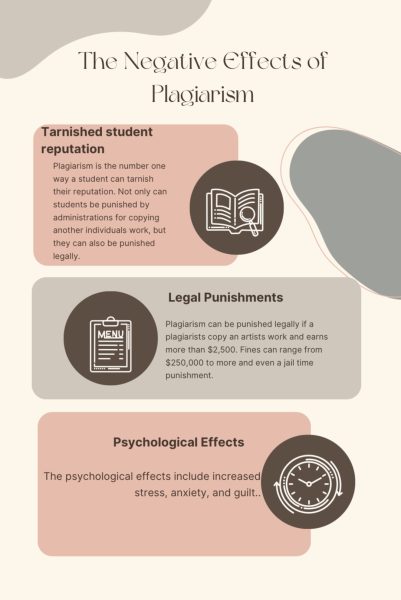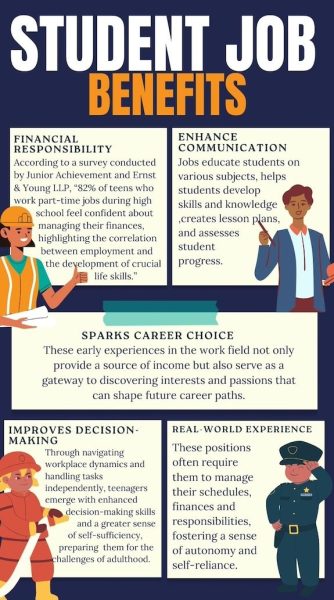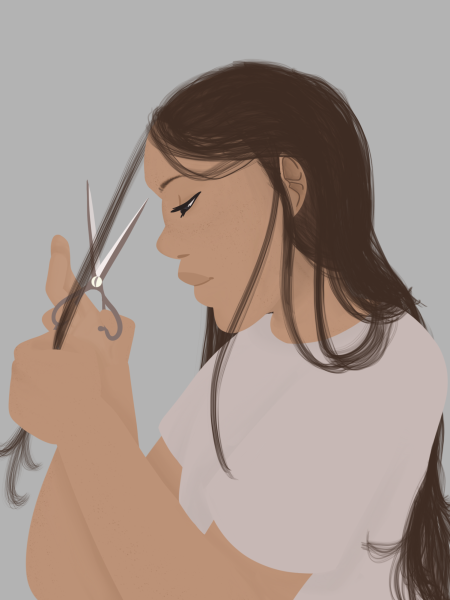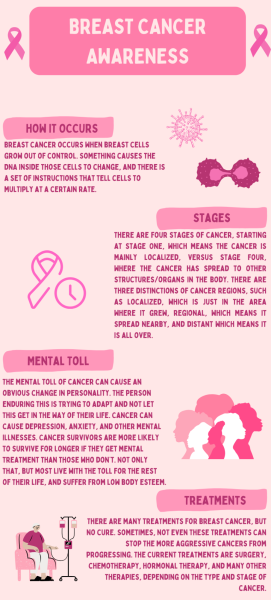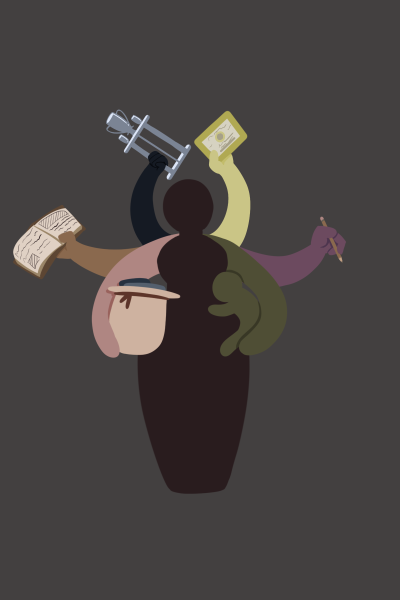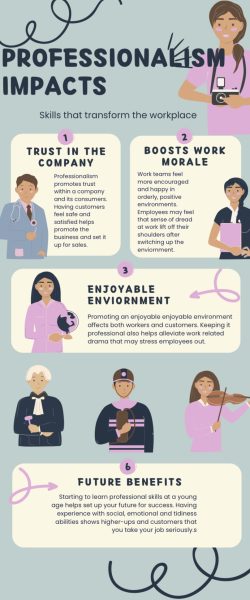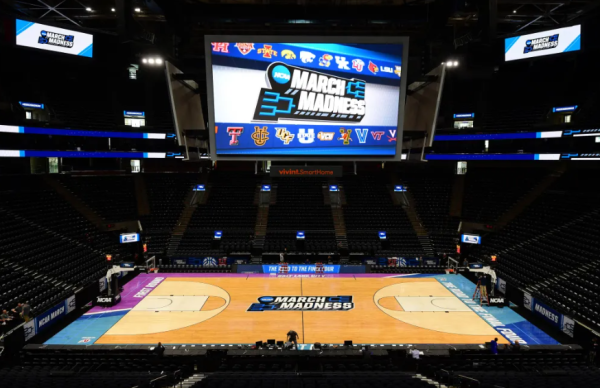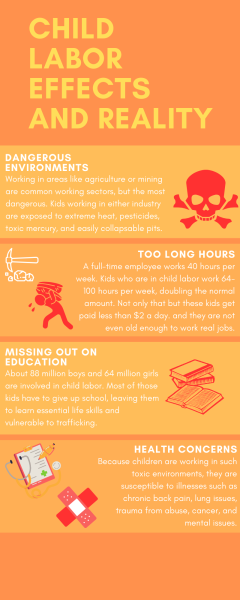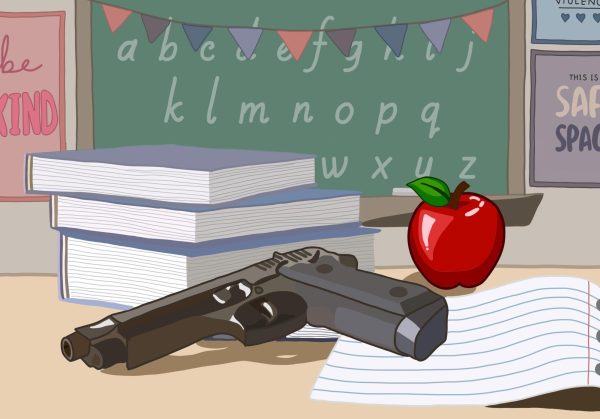Higher education: Not always a necessity
Not all students need to go on with college after high school
Continuing on with school after high school is something most parents expect. However, this may not be the case for everyone. Often, students may not need or want to continue onto higher education after graduating high school.
December 10, 2019
Going onto college or higher education is an expectation for students that many parents invision, however, this may not be the case for everyone. Many people don’t have the money, ability, time or motivation to get to the college or university level. The presumption that all students should continue onto higher education after high school is ridiculous and unreasonable.
In many cases, higher education isn’t needed for certain careers. Many people have made millions on their own without continuing school after high school. Some jobs don’t require degrees and only need the worker to have a high school diploma. Careers such as web developers, paramedics, personal care aides, plumbers, hairdressers, patrol officers and more don’t require a college education. Rebecca Koenig states, “Without a degree, someone could earn around $70,000 to $80,000 for being a radiation therapist, diagnostic medical sonographer or dental hygienist.” This is far above minimum wage and could help someone make a great amount of money. Other ways people have made lots of money is through creating their own products or businesses. Doing so does not require a degree and could help a person acquire millions.
Other post high-school options will be beneficial to those who can’t go to the traditional college. One option that many have gone to after high school is trade schools. These are schools designed to give students the technical skills to prepare them for specific occasions. Trade schools can be public or private but many are for-profit businesses. These programs contribute a numerous amount of degrees in little amounts of time. While they can also be expensive, they will save someone a lot of money. According to The Simple Dollar, “the average trade school degree costs $33,000, which, compared to a $127,000 bachelor’s degree, means a savings of $94,000.” Trade schools are just one of the options for post-high school life. There are numerous other options such as cosmetology and esthetician school, the military or just going straight to work. Depending on the student, they could do any of these things and benefit themselves through it.
While college can help some students grow, others struggle throughout the whole experience. For some, learning can be harder as they have neurological-based processing problems. Learning disabilities can be anything from dyslexia to ADHD to processing deficits. According to Learning Disabilities of America, “These disabilities can also interfere with higher level skills such as organization, time planning, abstract reasoning, long or short term memory and attention.” All of these factors are needed while in college and can affect the results of the education. In high school, students have many resources that can help them learn and growth throughout. Assets in college to help these students are limited, making it harder for them to learn.
The costs of college can be so expensive to the point that many can not pay for it. Valuepenguin states “Our researchers found that the average cost of college for the 2017–2018 school year was $20,770 for public schools (in-state) and $46,950 for nonprofit private schools, only including tuition, fees and room and board.” These costs are already high and they don’t include books, supplies, transportation and other costs. Expenses are a huge problem for some and could be the reason for some students to not attend college or university.
The immense amount of time taken to get higher education could be time spent getting experience needed for life, especially if the student has doubt that they won’t finish it. Job familiarity is needed for almost any career and that experience could be gained during the time when the student would have been in college. Almost all jobs require prior job experience and some don’t call for a degree. People not attending college will also get income quicker and be able to get to life experiences faster, such as buying a house, a new car and more.
Higher education takes up at least 2 years of a person’s life. To start school and not finish would be a complete waste of time. First off, a student in college can incur a lot of debt. According to the Institute for College Access and Success, “Nationally, about two in three (65 percent) college seniors who graduated from public and private nonprofit colleges in 2018 had student loan debt.” If debt was sustained and the student didn’t finish college, it would be a huge waste of time and money. According to the College Board, “the average cumulative student debt balance in 2017 was $26,900 for graduates of public four-year schools and $32,600 for graduates of private nonprofit four-year schools.” It will also delay the students opportunity to earn income.
College culture and peer pressure on others is a big part of college that many can’t ignore. Bad habits can be incorporated into many people’s lives through college culture and the pressure of bad practices made by others. Tendencies such as binge drinking and drugs could be made in college. According to Tom Wood, “Findings from five national data sets are in general agreement that approximately 40 percent of U.S. college students engage in heavy episodic drinking—sometimes called binge drinking, often defined as five or more drinks at a single sitting.”
Binge-drinking can affect school work and grades, it makes it harder for the student to focus in class and focus on their studies. According to the National Institute on Alcohol Abuse and Alcoholism, “59.8 percent of full-time college students ages 18 to 22 drank alcohol in the past month; 37.9 percent engaged in binge drinking (5 or more drinks on an occasion); and 12.2 percent engaged in heavy drinking (5 or more drinks on an occasion on 5 or more occasions per month).” This affects the lives ahead of students as well as their college efforts. In most instances, the heavy drinking and other bad habits are influenced by other students on campus. These habits made in college would be avoided through not continuing to higher education after high school, as it is not as prevalent there.
While higher education can be extremely necessary and helpful for many, it is not the path that everyone wants to take. Many have trouble learning or paying the extensive costs of college. Others may want to get experience instead of attending higher education. Numerous careers are open to people who didn’t attend college or university that could give someone income similar to those who gained a degree. There are definitely alternatives to higher education that could be taken by any student to make them just as successful as any other person.

